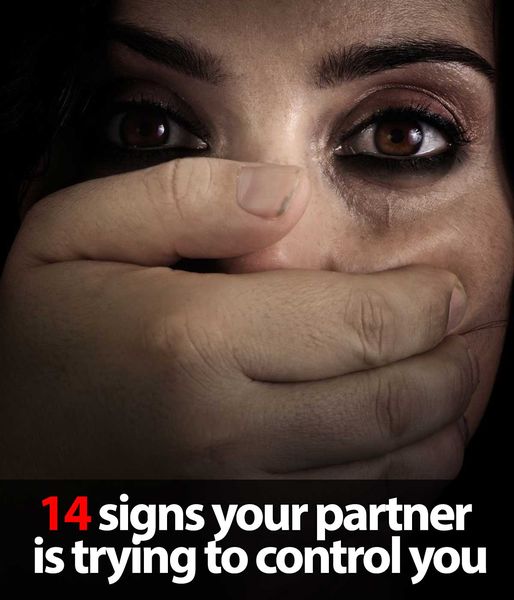New relationships are exciting and full of wonder, endless possibilities of what can be. Sadly, many find themselves in a controlling relationship. Here are 14 signs to be aware of.
1. Insisting Upon Isolation
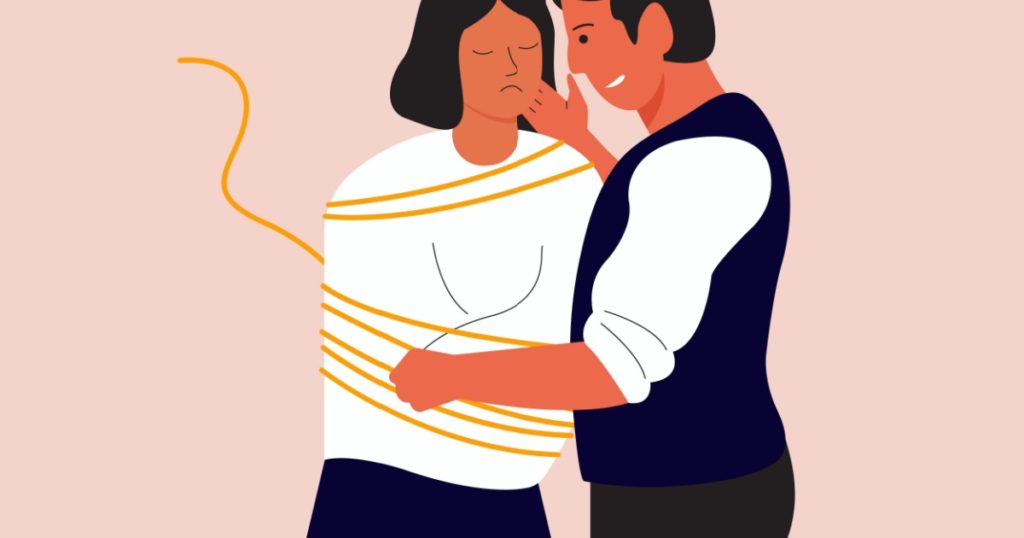
The first sign of a controlling relationship is your partner’s obvious desire to be “your whole world”. The idea is that by keeping you from your family and friends, you’ll become reliant on your partner, and they’ll be able to “shield” you from the negative opinions of outsiders regarding your relationship. In other words, a controlling partner doesn’t want you to be influenced to take a second look at the situation you’re in, by the people who love you most. “The abuser wants to confuse the victim into believing everyone is against them and so the victim then makes the decision themselves that they don’t want anything to do with family or friends, all to make their abuser happy.” Explains the Founder of My Trauma Therapy, Emma Davey.
2. Exhibiting Clear Signs of “Obsession”

A controlling partner will often monitor every aspect of your life. They’ll want to know where you are, who you’re with, and talking to, at every moment of the day. They may even go through your phone, email, and social media accounts.
3. A Controlling Relationship is Confined

In the same way, a controlling partner will want to know everything you’re doing throughout the day, and they’ll also try to control everything you’re doing, including who you talk to. “You no longer see and do the things you used to do, which made you happy. They want your world to become very small so that they become very big and powerful.” Explains Davey. “An abuser thrives off power and control as it makes them feel good, and the more control they have over you the better.”
4. Controlling your Finances

Similarly, a controlling partner may also expect to have control over your finances, including how much you’re allowed to spend. “Abusers like to control finances, forcing the victim to depend on their abuser for money,” Davey disclosed.
5. Even Your Clothes are at Risk
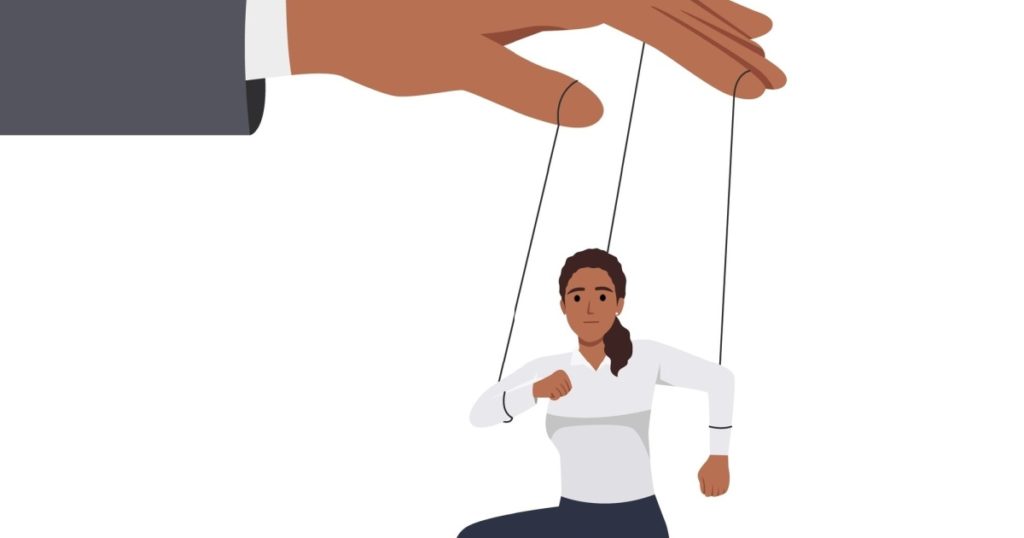
A controlling partner will try to navigate every aspect of your life. Oddly, this includes what you wear. “Abusers make their victims into robots. Victims become conditioned to what the abuser wants such as how much they eat, sleep and wear. The victim loses their identity and the capacity to make a decision on their own.” Davey shared.
6. A Controlling Relationship is Confusing

Many people have heard the term “gaslighting“. Essentially, it means that a controlling partner will try to make their victim feel uncertain about events that have unfolded. They’ll try to convince that they didn’t do or something, when you know they did. Or they may try to convince you things happened differently than you remember. Either way, the victim eventually starts to question their own reality, and in turn, their own sanity. According to Davey, ‘gaslighting’ is a detrimental form of emotional abuse. “An abuser will use many gaslighting techniques to make the victim feel like it’s all their fault – like they are the ones who are crazy. The abuser convinces the victim that they have said things they didn’t or find things that weren’t really there.” Said She.
7. A Controlling Partner will Misplace Blame
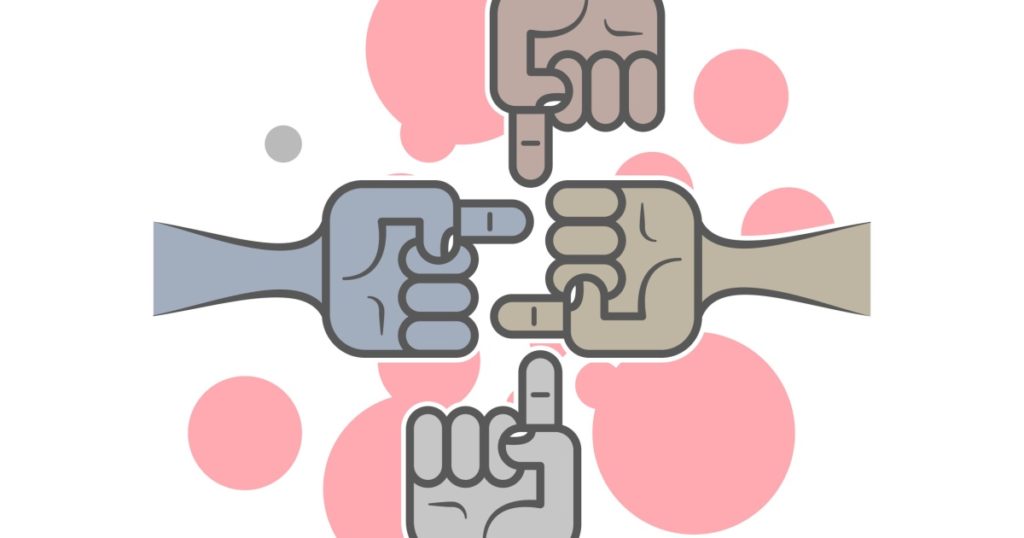
Another sign of a controlling relationship is one in which the abuser never takes responsibility for their actions. Instead, they blame the other person. Or in some cases, change the subject entirely, often finding a way to point the finger at their victim.
8. A Controlling Partner will be Critical
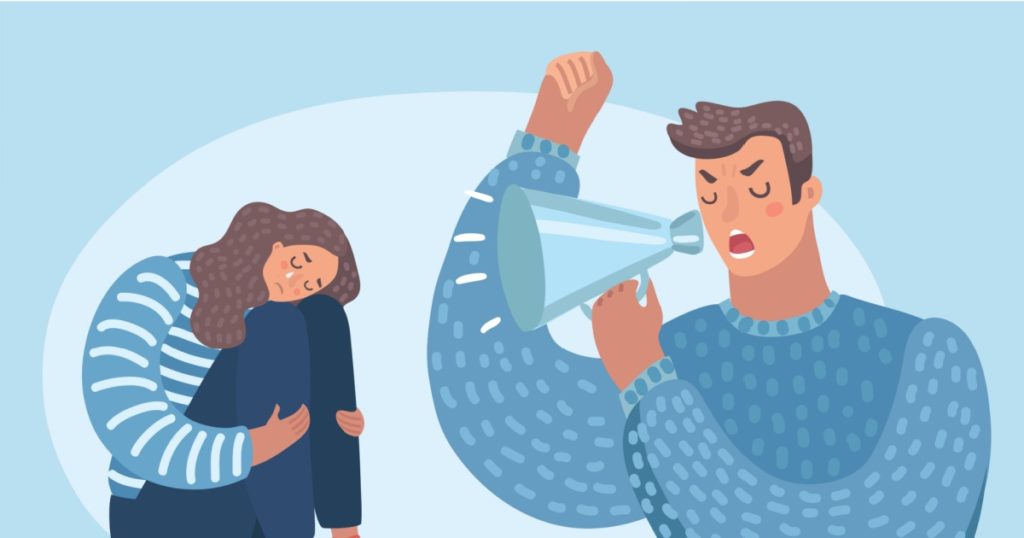
In a controlling relationship, an abuser may do everything possible to make the other person feel inferior or insecure. They may insult you in front of other people. Or put down everything you do at home. They may even criticize your job.
9. They’ll Disregard Boundaries

A healthy relationship is one that has boundaries. Furthermore, it’s one in which those boundaries are respected. In contrast, another indicator of a controlling relationship is one in which the person completely disregards the boundaries, and thereby the needs, of the other person.
10. They’ll Make Bizarre Threats

In a controlling relationship, the other person will use threats as another means of power. They may either give ultimatums, threaten to leave if things don’t go their way, and in violent situations, they may even threaten the health and safety of their victim, or the people they love.
11. Or Give Back Handed Compliments

A controlling partner may say things like, “I love you, but I’d love you more if you put more effort into making dinner“. In some cases, may not even soften the blow with a compliment, saying things like “I’d be more attracted to you if you lost weight” Or “if you wore more make up”. In addition to backhanded compliments or flat-out critiques, a controlling partner may put conditions or limitations on their love, withdrawing affection or attention as a form of punishment.
12. Looking for an Ego-Boost

A controlling partner may be quick to find a reason to receive compliments or recognition from their partner, or victim. They’ll constantly point out all the good things they do, both in hopes of boosting their ego, and reminding their victim of everything they’d be missing if either person left.
13. Creating a Constant Stream of Debt
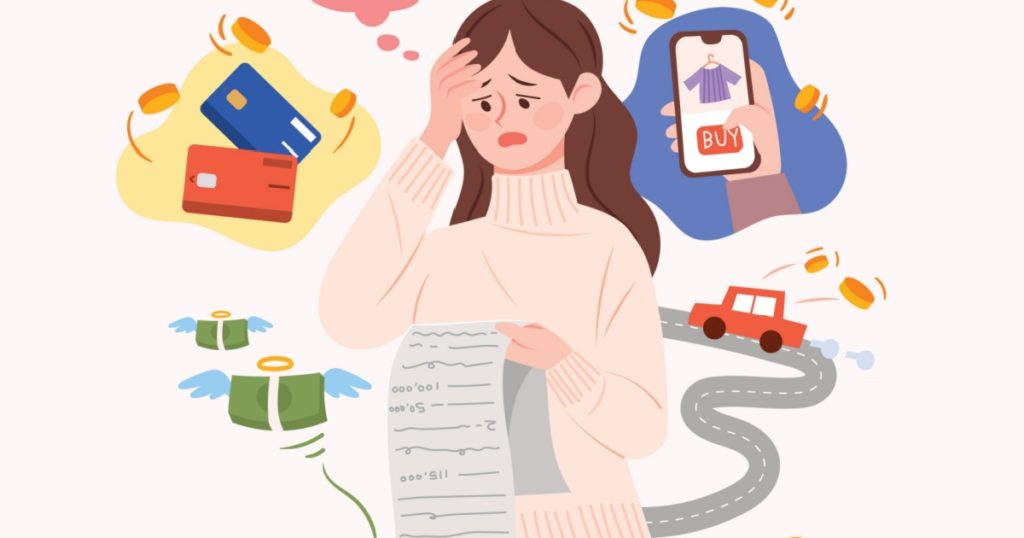
A controlling relationship is one that is full to the brim with statements like, “well you have to do this because you owe me for when I did that,” or “I bought you this, so you have to let me do that” and so on. Essentially, a controlling partner will create scenarios in which they can use their deeds to walk all over the boundaries of the other person or throw the other person’s shortcomings back into their face. Additionally, a controlling partner might insist that in order to get love or attention, their victim must first, in some way, indulge the abuser.
14. A Controlling Partner will Exhaust the Other
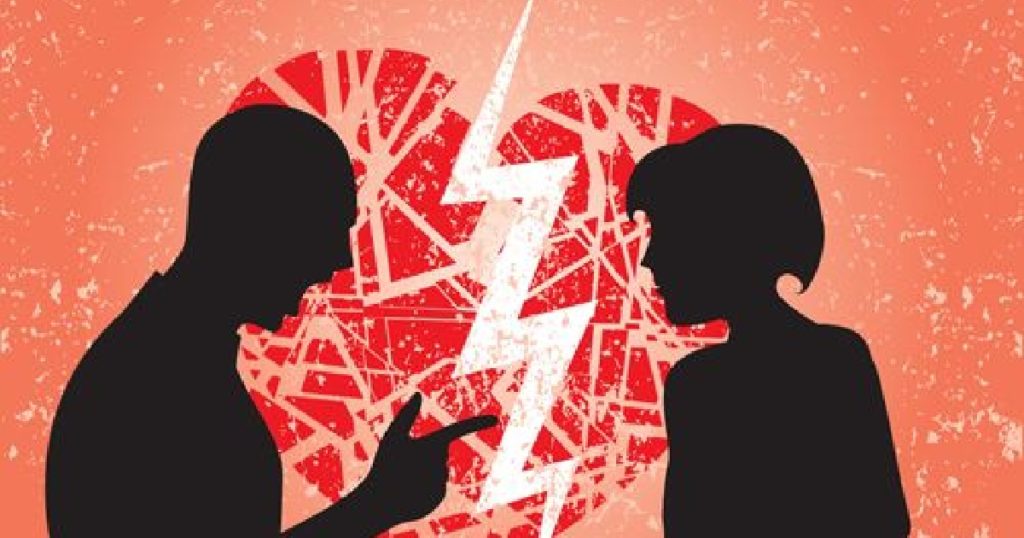
A controlling relationship is one that exhausts the victim into submission. For example, a controlling partner may argue in circles, noting irrelevant points, until the other person becomes so frustrated, confused, or exhausted that they simply give in to what the abuser is arguing.
